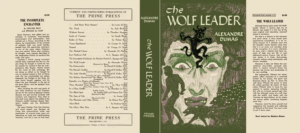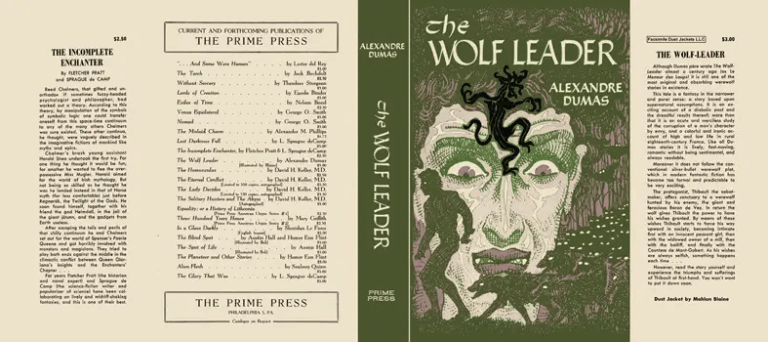We’ve done a lot of hands-on activities during our second day of the International LEGO Serious Play Conference, and they brought an incredible amount of insight into the added value of LEGO Serious Play in itself and particularly in correlation with digitalization, globalization, and the impact of the digital-physical hybrid environment on our lives, which were the main topics of yesterday. But my hands were busy building, so I would have to take some time to draft it up. What I’d like to share with you are three main contributions from the community, that had everything to do with the reputation of LEGO Serious Play.
Stephen Dann from Australia. LSP into an academic setting fits into three main aspects:
- Guest casses
- Research collaboration
- Degree planning
LEGO Serious Play in an academic setting is either tied to a learning outcome or to an assessment outcome. It is not uncommon to have students or researchers building the situation as they perceive it, the actual status of a research or of a course. In research, pairing with a researcher gives the opportunity not only of reserving a space in the budget for the vision alignment workshop, but also to consolidate the relationship with a partner with which you can create specialist knowledge.
Course reviews and landscape models of the general experience, or of the degree program, is also a good application, alongside building the profile of who we think our students are and playing scenarios on that.
Main issues are budget and time: there’s a specific time frame in which you have to fit your activities and those vary based on the Country. They can span from 75 minutes to 3 hours and the question is whether it’s enough to deliver value.
The protocol strength and the background academic research behind LEGO Serious Play is a strong entry point when proposing LEGO Serious Play to academia.
Jens Klostergaard, internal consultant in a construction company.
The AEC industry, as opposed to Academia, doesn’t like theory: it is appealed by the practicality of a method, by its ability to get to the results and increasing outcomes.
In order to prove its efficiency, case studies with interviews to the client are a good instrument, focusing on the challenges that were tackled by the workshop and the conclusions that were reached through the activity: they push leaders to strive for the same success they see documented and associated with another leader.
Authenticity is keypoint: be real about what LEGO Serious Play can do and what it cannot do, where it can be taken and where it cannot.
Søren Leth Nielsen, from a consulting business.
His key points about proposing LEGO Serious Play as an external consultant can be summarized as:
- focus on the effects on the customer, more than on the method itself or the bricks;
- Only talk about the needs, and not about the tool: LEGO Serious Play is often seen as a light tool for team building;
- Tailor the LEGO SERIOUS Play solution to the situation
- Relate to the importance of getting all in and free people’s minds
- Link to Financial Times article.
As consultants, especially in the beginning, Nielsen advises to start by sticking with the basic applications in order to grow confidence and then test, reflect, adapt, and fine-tune the particular applications of the method itself.
From the community, both on-line and on premises, comes a rich list of key success factors in successfully proposing LEGO Serious Play to either internal or external clients.
One of the key concepts seems to be disconnecting from the idea of proposing the method for the sake of it, but proposing the process and related result, regardless of the tools the facilitator might use.
Another point seems to be the cultural transformation you can bring with LEGO Serious Play and the persistent, continuous uses you can imagine, with transformative, evolutive scenarios on which people might want to go back from time to time during the transformation in action.
Discovery or “Taster” sessions were also brought into the conversation: relatively small workshops, with almost only skill building but in such a way that’s already rooted in the client’s main issues and it gives a clear practical idea of the many possibilities.
Of course, being all professional facilitators, professionalism, preparation and ultimately credibility had a very strong presence in the general list of elements to factor in. This has a strong tie with the idea of being honest and transparent on the possible outcomes.
Last but not least, the ability of the method to create a safe environment and of being inclusive is something that, in these times and, as we have heard yesterday from prof. Lee, is sorely needed.







No Comments